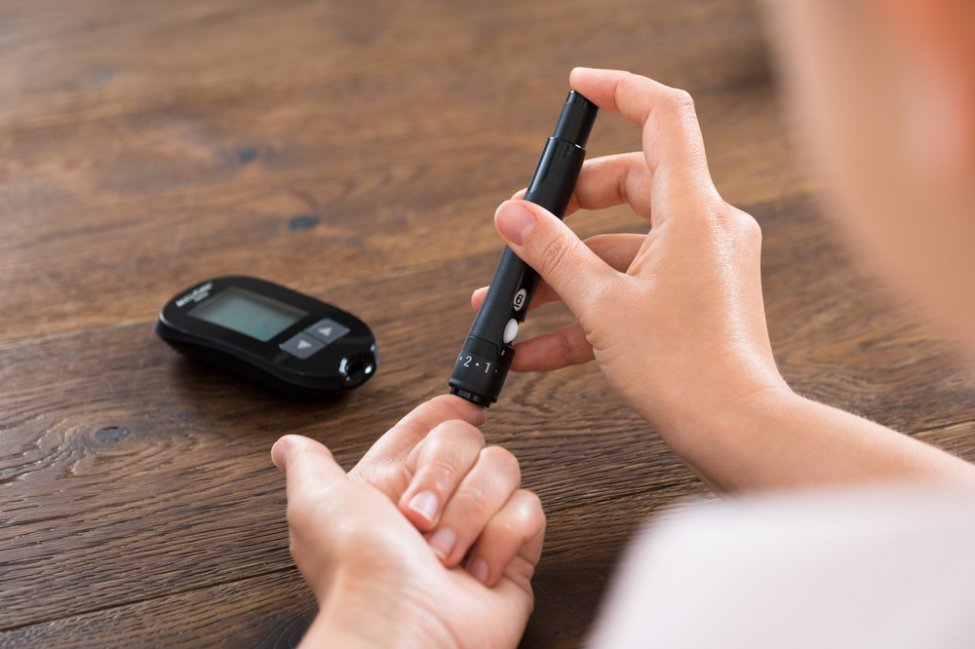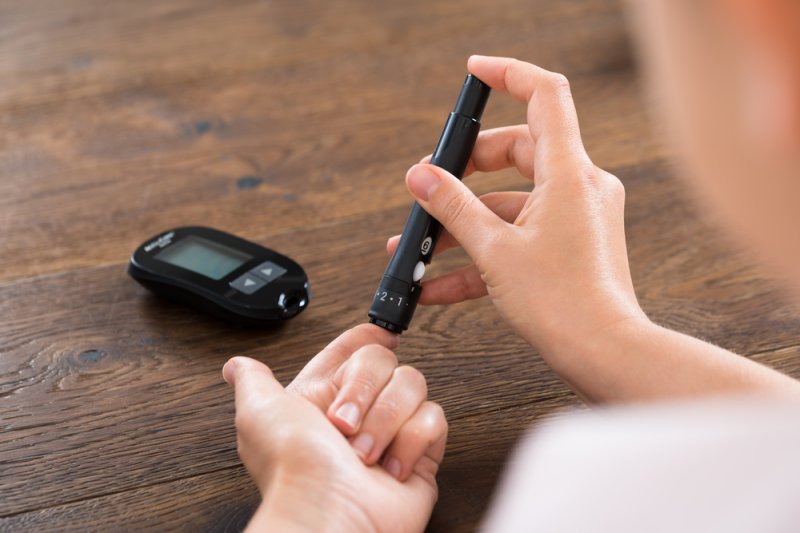That weight difference means that they are more likely to meet the criteria for obesity than children of mothers who did not have diabetes during pregnancy, the researchers said.
By age 10, children of diabetic mothers had a body mass index, or BMI, of nearly 23, the data showed. The average BMI for children both to mothers who did not have diabetes during pregnancy was just over 20.
BMI is a measure of a person’s weight and height. Currently, for children age 10, a BMI of 22 would place them in the 95th percentile nationally, meaning they would be considered obese, based on figures from the Centers for Disease Control and Prevention.
We urge mothers with [diabetes] during pregnancy to carefully monitor their blood sugar levels and work with clinical professionals to get their blood sugar within normal range,” study co-author Anny Xiang told UPI.
“Abnormal blood sugar during pregnancy is not ideal for the fetus and can lead to long-term adverse health outcomes,” said Xiang, who is director of the division of biostatistics research at Kaiser Permanente of Southern California in Los Angeles.
Nearly 20% of all children nationally meet the criteria for obesity, placing them at greater risk for health problems such as heart disease and diabetes as they age, according to the CDC.
Children who are obese are also more likely to remain so as they age, Xiang and her colleagues said.
For this study, the Kaiser Permanente researchers reviewed data on more than 218,000 children born at the health system’s facilities between 2008 and 2015, comparing trends in BMI over their first 10 years of life.
More than 500 of the mothers in the study had type 1 diabetes, meaning their bodies cannot produce insulin, a hormone created by the pancreas that helps the body process sugar.
Nearly 8,000 of the mothers had type 2 diabetes, which is typically diagnosed in adulthood and indicates that their body does not respond well to insulin, which can lead to dangerously high blood sugar levels.
Up to 20,000 of the women had gestational diabetes, a form of the high blood sugar that occurs during pregnancy.
Children born to mothers with any form of diabetes had roughly the same average BMI as those of mothers who did not have the disease during pregnancy.
However, by age 3, children of diabetic mothers started to have higher BMIs. By age 10, the average BMI of children born to mothers with any form of diabetes was up to 10% higher than those of women without the disease, the researchers said.
The reasons for the relationship between maternal diabetes and childhood obesity remain unclear, though it has been attributed to “fetal programming,” according to Xiang.
Having high blood sugar during pregnancy could cause the fetus to develop increased insulin levels, she said, as could genetics.
“There have been many studies showing that for mothers with diabetes, whether type 1 or type 2 diabetes during pregnancy, their children have an increased risk of obesity,” Xiang said.
“Mothers can help reduce their children’s risk of obesity by ensuring their children eat a healthy diet and are physically active, and mothers can be a role model to their children,” she said.



